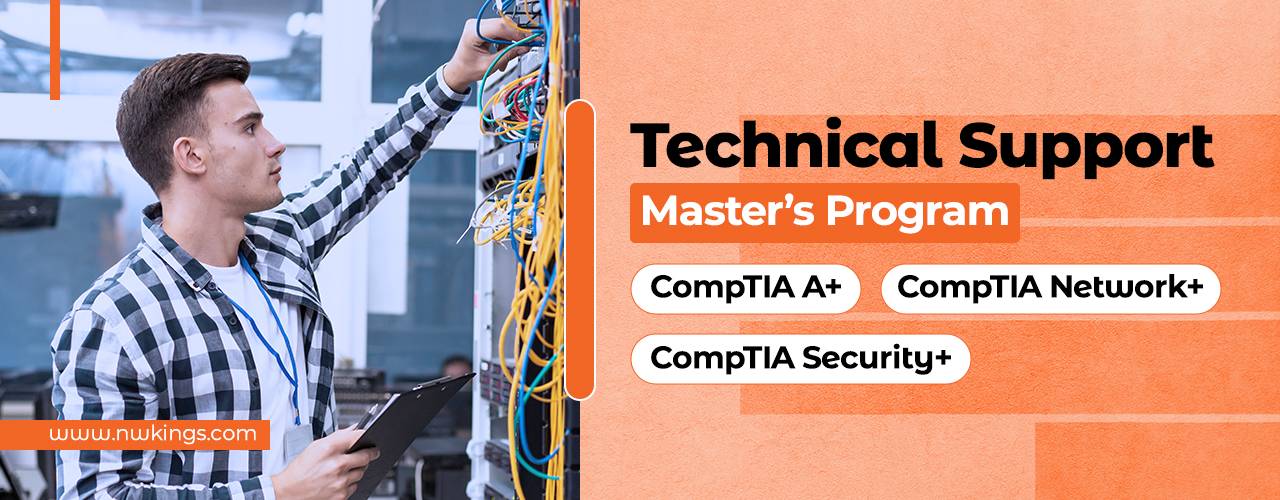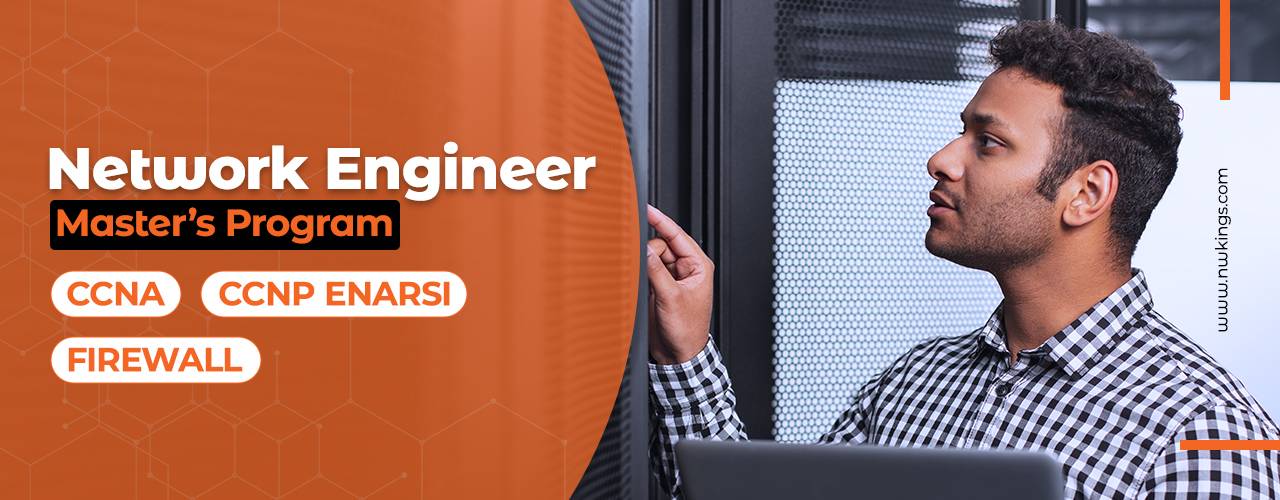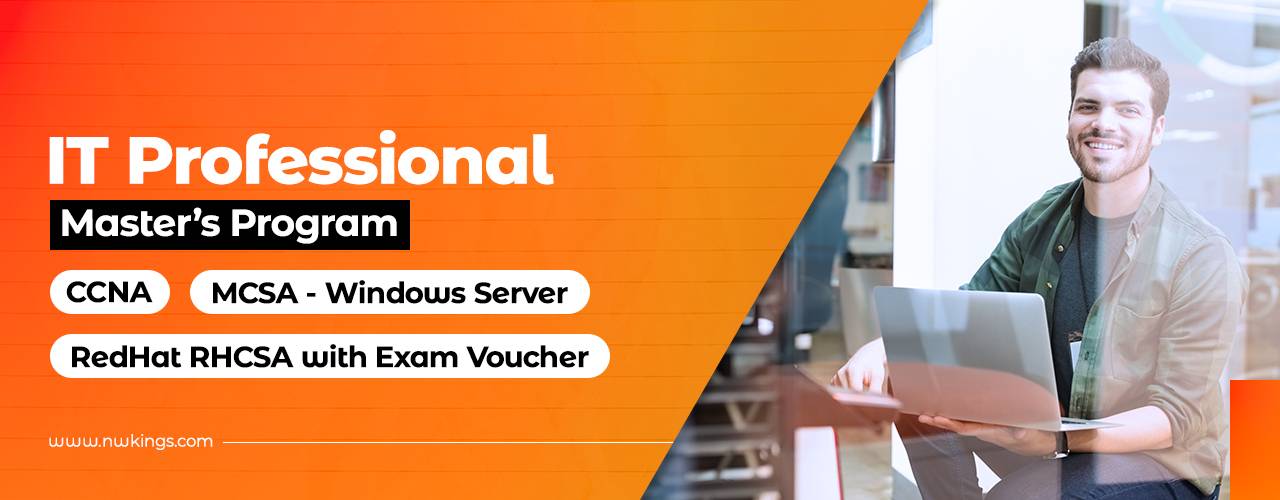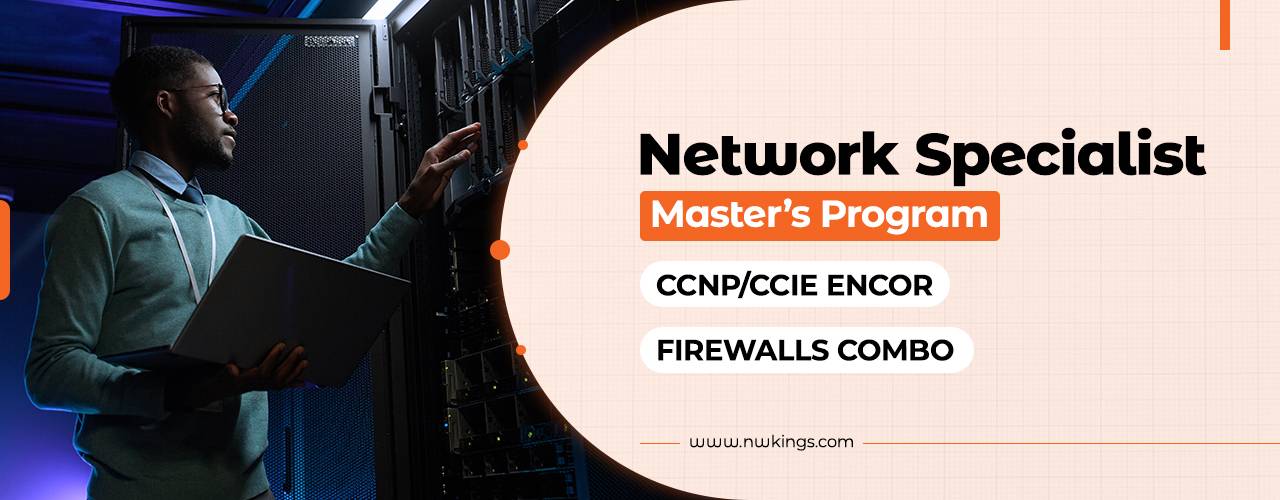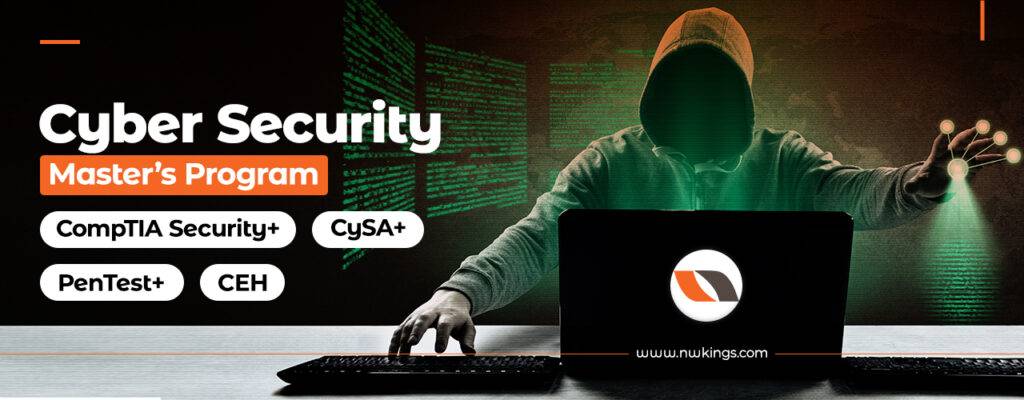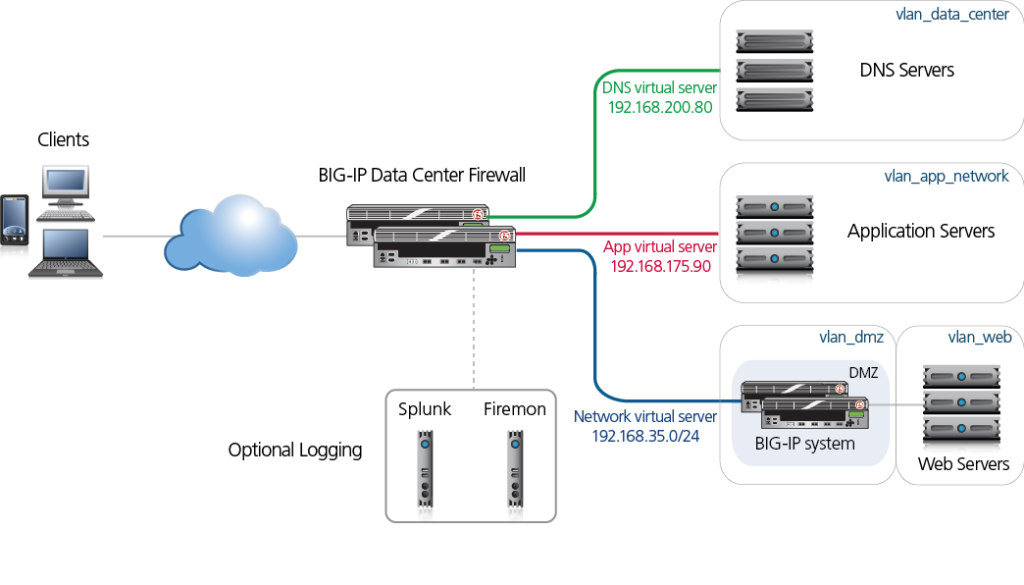
If your working field requires technical knowledge at its utmost, then you must sharpen your IT skills with Red Hat Certification training and you can also become a Red Hat Certified Engineer.
Red Hat is a software company that specializes in developing enterprise-level open-source products.
This blog will be your ultimate guide to becoming a Red Hat Certified Engineer.
Who is a Red Hat Certified Engineer?

A Red Hat Certified Engineer (RHCE) is a Red Hat Certified System Administrator (RHCSA) who will automate Red Hat Enterprise Linux tasks, incorporate Red Hat emerging technologies, and apply automation for efficiency and invention.
To become a Red Hat Certified Engineer, one must pass a strict hands-on exam issued by Red Hat, which evaluates their capability to complete real-world tasks on RHEL systems. RHCE certification validates the expertise of IT professionals and is considered by employers pursuing skilled Linux administrators and engineers.
What are the roles and responsibilities of a Red Hat Certified Engineer?
Here are the roles and responsibilities of a Red Hat Certified Engineer:
- System Administration: Red Hat Certified Engineers are trained in assisting Red Hat Enterprise Linux (RHEL) systems. They are liable for installing, configuring, and supporting RHEL servers and workstations to ensure their smooth operation.
- System Configuration and Management: Red Hat Certified Engineers manage tasks associated with system configuration, including setting up user accounts, containing file systems, configuring network services, and enforcing security policies.
- Troubleshooting and Issue Solution: RHCEs analyze and troubleshoot system-related issues and performance blockages. They are experienced at recognizing issues, analyzing logs, and executing solutions to fix issues promptly.
- Security Management: RHCEs enforce and strengthen security measures to safeguard RHEL systems from unauthorized access, data breaches, and cyber threats. They configure firewalls, enforce access controls, and apply security patches to provide system integrity and adherence to security measures.
- Performance Optimization: RHCEs enrich the performance of RHEL systems by changing system configurations, enhancing resource utilization, and managing performance monitoring tools to recognize and address performance issues proactively.
- Scripting and Automation: RHCEs leverage scripting languages, such as Bash, Python, or Perl to automate repetitive tasks, simplify system administration processes, and enhance operational efficiency.
- Backup and Recovery: RHCEs design and implement backup and recovery plans to protect critical data and provide business continuity in the event of system collapses, tragedies, or data loss incidents.
- Documentation and Reporting: RHCEs maintain precise documentation of system configurations, procedures, and troubleshooting efforts. They also develop reports on system performance, security incidents, and observation status as needed.
- Collaboration and Teamwork: RHCEs collaborate with other IT professionals, including system administrators, network engineers, developers, and security professionals, to help with cross-functional tasks and initiatives.
- Continued Learning and Skills Development: RHCEs stay updated with the trending technologies and best practices in Linux system administration and related fields. They pursue ongoing training, certifications, and professional development opportunities to improve their skills and knowledge.
What is the scope of a Red Hat Certified Engineer?
Here’s an overview of the scope of an RHCE certification:
- Employment Options: RHCE certification comes with a wide range of job opportunities. RHCEs are in high need by organizations of all sizes including MNCs, government agencies, educational institutions, and startups.
- Linux System Administration: RHCE certification allows mastery in Linux system administration, creating RHCEs positively sought after for job roles such as Linux system administrator, network administrator, system engineer, and infrastructure engineer.
- Cloud Computing: With the growing use of cloud technologies, RHCEs are well-positioned to work in cloud-related functions, including cloud infrastructure architect, cloud engineer, and DevOps engineer, particularly in environments utilizing Red Hat’s OpenShift and other cloud platforms.
- Cybersecurity: RHCEs play a critical role in cybersecurity by providing the security and integrity of Linux-based systems. They may pursue roles, such as security analyst, security engineer, or security consultant, concentrating on areas like system hardening, exposure control, and incident reaction.
- DevOps and Automation: RHCEs have the skills to execute automation solutions utilising scripting languages and configuration management tools. They are well-suited for DevOps roles, where they can give to ongoing integration, continuous deployment (CI/CD), infrastructure as code (IaC), and automation initiatives.
- Networking: RHCEs possess networking skills relevant to configuring and operating network services on Linux systems. They may seek roles such as network administrator, network engineer, or network architect, especially in environments where Linux-based networking infrastructure is general.
- Big Data and Analytics: RHCEs can work in roles related to big data and analytics, leveraging their Linux mastery to keep data processing, storage, and analysis tasks in environments using big data technologies such as Hadoop, Spark, and Elasticsearch.
- Consulting and Training: RHCEs may work as counselors or trainers, allowing organizations to create, deploy, and rectify Linux-based solutions. They may also help in the growth of training materials and provide courses to IT professionals pursuing RHCE certification or professional development.
- Freelancing and Entrepreneurship: RHCEs have the option to work as freelancers or begin their consulting businesses, delivering Linux system administration services, cloud migration, cybersecurity assessments, or other specialized services to clients.
How to become a Red Hat Certified Engineer?
To become a Red Hat Certified Engineer, you must follow these steps:
- Linux Knowledge: Get Linux knowledge and learn command-line interface, file system navigation, user management, network configuration, and basic shell scripting.
- RHCE Prerequisities: After having the Linux knowledge, you must complete the RHCE prerequisites including Red Hat System Administration I (RH124) and Red Hat System Administration II (RH134) courses.
- RHCE Training: After passing the RHCE prerequisites, you must complete the RHCE training and prepare for the RHCE Exam.
- Take the RHCE Exam: On the day of the exam, demonstrate your skills by completing the assigned tasks within the given time frame. Be sure to follow the instructions carefully and pay attention to details.
- Pass the Exam: If you successfully meet all required tasks and complete the passing standards, you’ll be granted the RHCE certification.
- Maintain Certification: RHCE certification is valid for three years. To preserve your certification, you must stay updated with the trendiest technologies and revitalize your certification before it expires. This may affect passing other exams or satisfying persisting education credits.
- Boost Your Career: With your RHCE certification in hand, research job opportunities in Linux system administration, cloud computing, cybersecurity, DevOps, and other affiliated fields. Consider pursuing other certifications or professional tracks to additionally improve your skills and grow your career.
Best courses included to become a Red Hat Certified Engineer
Entry-Level Certifications
- Red Hat Certified Engineer (RHCE): The Red Hat Certified Engineer (RHCE) course trains you with all the necessary skills to automate Red Hat Enterprise Linux tasks, work with Red Hat emerging technologies, and learn automation for new ideas.
Here are the skills you will learn in the RHCE course:
- Learn how to manage and configure systems.
- Learn to configure IPv6 addresses and basic IPv6 troubleshooting.
- Learn to create static routes.
- Learn to configure a system through Kerberos.
- Learn to use shell scripting to automate maintenance tasks.
- Learn to install the packages needed to run network services.
- Learn to configure SELinux to support the network service.
- Configure the basic operations in the service.
- Learn to configure a virtual host.
- Learn to configure TLS security.
- Learn to deploy a basic CGI application.
- Learn to configure group-managed content.
- Learn to configure a caching-only DNS server.
- Learn to provide network shares to specific clients through NFS and SMB.
- Learn to configure an SMTP system to forward emails.
- Learn to sync time using NTP peers.
- Learn to install and configure MariaDB.
- Learn to create a simple database schema.
- Learn to run simple SQL queries against a database.
Intermediate-Level Certifications
- Red Hat Certified Architect (RHCA): Red Hat Certified Architect (RHCA) is an advanced-level certification program by Red Hat, created for experienced Linux professionals who desire to display their expertise in developing and executing Red Hat-based systems. RHCA requires passing a series of exams concentrated on specific areas of expertise, including infrastructure, DevOps, enterprise applications, enterprise management, and data. RHCA is a globally recognized certification that indicates advanced skills and expertise in Red Hat technologies.
Expert-Level Certifications
- Red Hat Certified Engineer in Security (RHCE Security): There is no exact certification called “Red Hat Certified Engineer in Security” (RHCE Security) proffered by Red Hat. However, Red Hat offers a range of certifications associated with security and system administration. One of the most famous security-related certifications by Red Hat is the “Red Hat Certified Engineer in Enterprise Security” (RHCESE).
- Red Hat Certified Engineer in OpenStack (RHCE OpenStack): The Red Hat Certified Engineer in OpenStack (RHCE OpenStack) is a certification program offered by Red Hat, a leading provider of open-source software solutions. This certification is designed for IT professionals who work with Red Hat OpenStack Platform, which is a cloud computing platform based on open-source technologies
What is the eligibility for the Red Hat certified engineer course?
Here is the eligibility of the Red Hat Certified Engineer:
- You want to become a Linux Administrator or Linux Engineer.
- You are already working as a software developer and want to learn Linux for better technology interaction and user experience.
- You want to become a Certified Android Developer/iOS developer.
What are the exam details of the Red Hat Certified Engineer?
Here are the RHCE exam details:
The RHCE certification is for candidates who want to prove their skills as a Red Hat Certified Engineer and want to focus on system administration, networking, security, storage management, and automation.
Three exams for RHCE specify different versions of the Red Hat Linux. These are as follows:
EX294: This exam is based on Red Hat Enterprise Linux 8 (RHEL 8). This exam covers topics such as security, storage management, networking, system administration, and automation using Ansible.
Exam Name | Red Hat Certified Engineer (RHCE) |
Exam Code | EX294 |
Exam Cost | USD 400 |
Exam Format | Performance-based questions |
Total Questions | 15-20 questions |
Passing Score | 210/300 |
Exam Duration | 4 hours |
Languages | English, Japanese, Korean, and Simplified Chinese |
Testing Center | Pearson VUE |
EX298: This exam is based on the Red Hat Enterprise Linux 7 (RHEL 7). This exam includes topics like system administration tasks, security, network services, and troubleshooting by using the RHEL 7 environment.
Exam Name | Red Hat Certified Engineer (RHCE) |
Exam Code | EX298 |
Exam Cost | $400 + applicable taxes |
Exam Format | Performance-based questions |
Total Questions | 15-20 questions |
Passing Score | 210/300 |
Exam Duration | 4 hours |
Languages | English, Japanese, Korean, and Simplified Chinese |
Testing Center | Pearson VUE |
EX300: This exam does not belong to a specific version of Red Hat Enterprise Linux. It covers topics such as security, network services, administration tasks, virtualization, and troubleshooting.
Exam Name | Red Hat Certified Engineer (RHCE) |
Exam Code | EX300 |
Exam Cost | $400 + applicable taxes |
Exam Format | Performance-based questions |
Total Questions | 10 questions |
Passing Score | 210/300 |
Exam Duration | 3.5 hours |
Languages | English, Japanese, Korean, and Simplified Chinese |
Testing Center | Pearson VUE |
How to Prepare for the Red Hat Certified Engineer Exam?
To prepare for the Red Hat Certified Engineer exam:
You can learn from self-paced or Live classes.
- Self-paced: Self-paced courses are video courses that are provided to you for flexible learning.
- Live: In the Live classes, you are privileged to learn directly from the trainers where you can clear your doubts hand to hand.
What are the job opportunities after the Red Hat Certified Engineer training?
The job roles that are available after completing the certification training in Red Hat Linux are as follows:-
- Linux System Administrator
- Linux Network Administrator
- DevOps Engineer
- Cloud Engineer
- Site Reliability Engineer
- IT Support Engineer
- Security Analyst
- Software Developer
- Database Administrator
- IT Manager
- System Engineer
- Virtualization Engineer
- Storage Administrator
- Automation Engineer
- Network Engineer
- Infrastructure Engineer
- Technical Support Engineer
- IT Consultant
- Quality Assurance Engineer
- Penetration Tester
Red Hat Certified Engineer Salary Expectations
The salary packages that one can get after completing the Red Hat certification course are as follows:
- United States – USD 70,000 – USD 150,000 per year
- Canada – CAD 60,000 – CAD 120,000 per year
- United Kingdom – £35,000 – £70,000 per year
- Germany – €45,000 – €90,000 per year
- France – €35,000 – €70,000 per year
- Australia – AUD 75,000 – AUD 120,000 per year
- New Zealand – NZD 60,000 – NZD 100,000 per year
- United Arab Emirates – AED 90,000 – AED 200,000 per year
- India – INR 500,000 – INR 1,500,000 per year
- Singapore – SGD 60,000 – SGD 120,000 per year
- Hong Kong – HKD 350,000 – HKD 700,000 per year
- Japan – JPY 5,000,000 – JPY 10,000,000 per year
- South Korea – KRW 40,000,000 – KRW 80,000,000 per year
- Brazil – BRL 60,000 – BRL 120,000 per year
- South Africa – ZAR 200,000 – ZAR 600,000 per year
Conclusion
To conclude, the Red Hat Certified Engineer Course will be your door to becoming a Red Hat Certified Engineer Course. Linux plays an important role in the Red Hat Certified Engineer. You can pursue the Red Hat Certified Engineer Course from Network Kings where you can learn from expert engineers.








